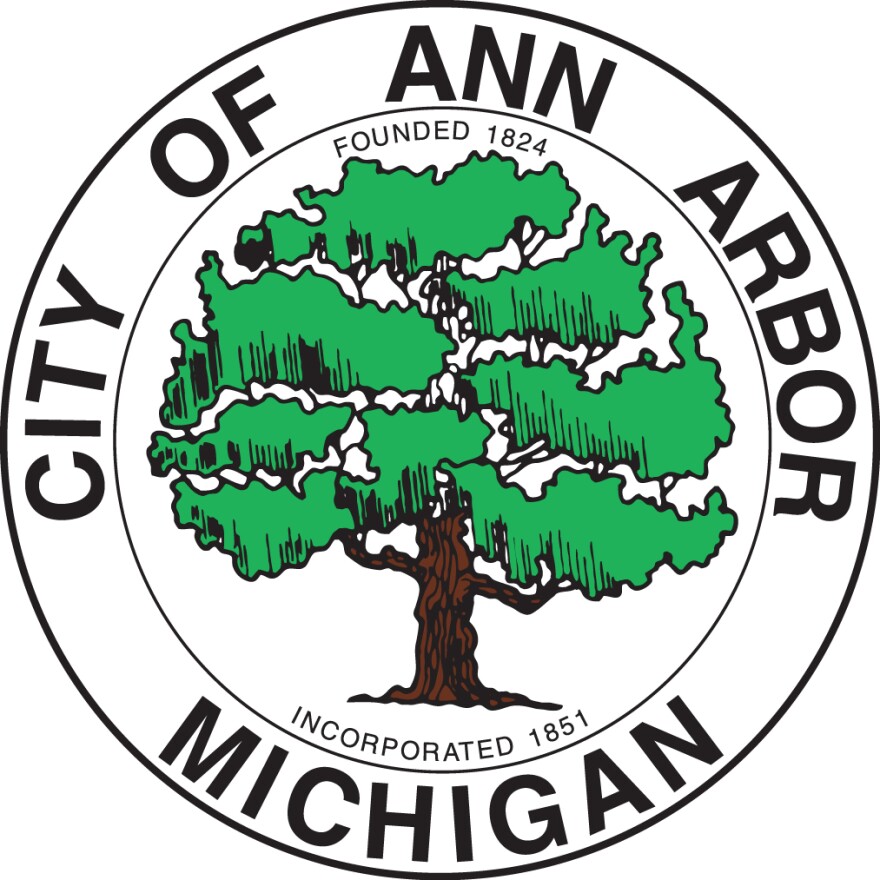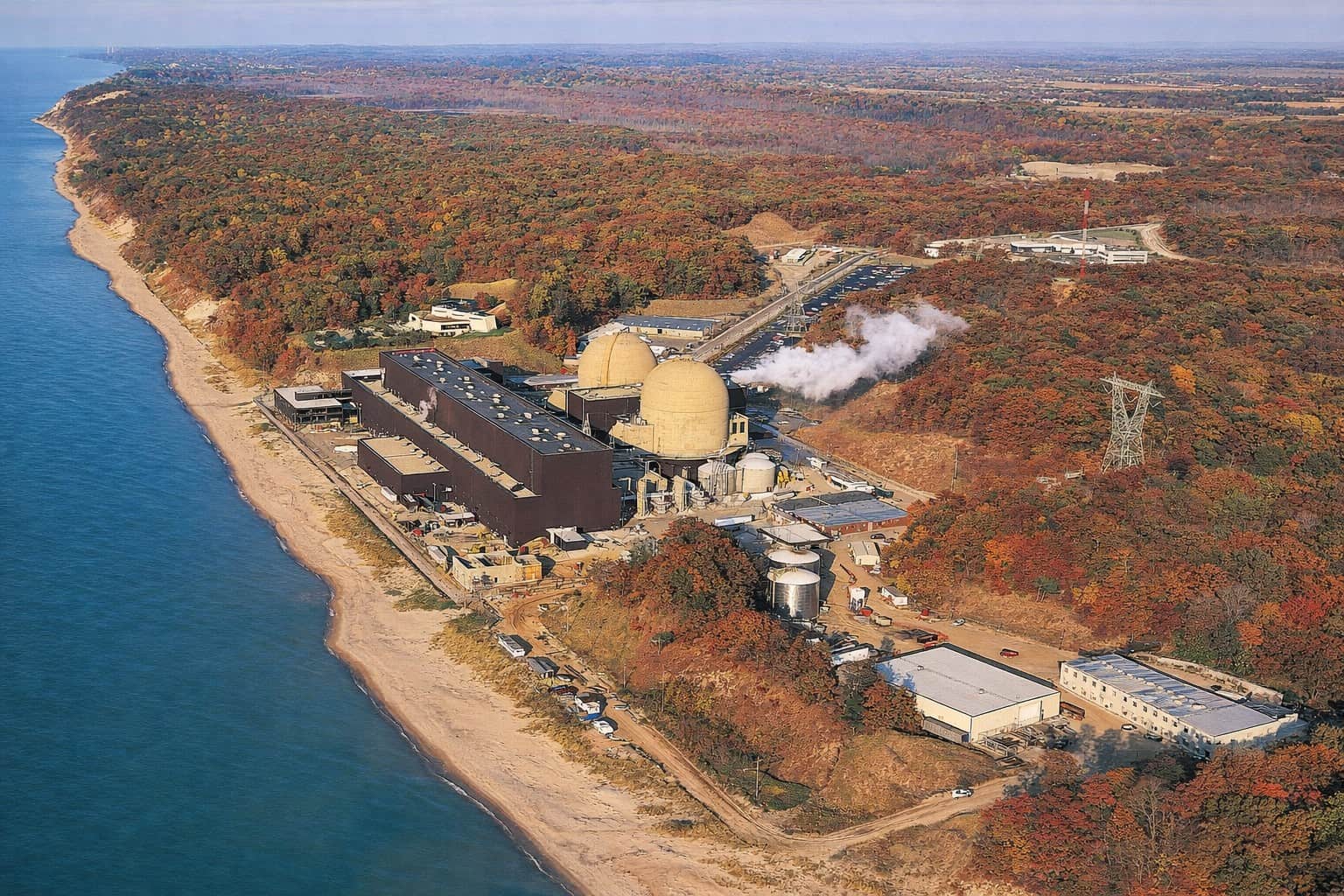ANN ARBOR—University of Michigan students and faculty have launched a student-run investment fund targeting early-stage climate tech companies that aim to make a real difference on climate change.
The fund is the centerpiece of the Michigan Climate Venture, a first-of-its-kind, multidisciplinary program at the intersection of climate technology and venture capital at U-M. The program is designed to provide a hands-on learning experience that will prepare students for impactful careers addressing climate change.
It was developed by faculty and MBA students at the Ross School of Business in partnership with U-M’s School for Environment and Sustainability and Erb Institute.
“MCV seeks to be a signature educational experience at a top public research university: issue- and action-based, rigorous and data driven, multidisciplinary, technology-enhanced, and co-created and managed by students,” said Gautam Kaul, the fund’s faculty director and professor of finance and the Robert G. Rodkey Collegiate Professor of Business Administration Ross.
“MCV is based on the success of the Social Venture and the International Investment funds, which I also oversee at Michigan Ross, and is in partnership with the Erb Institute and SEAS, and focused on the most pressing and challenging global societal issue we face: climate change.”
Housed at SEAS, the MCV fund is the first student-run fund outside of Michigan Ross at U-M, Kaul said. It is open to full-time graduate students from schools across campus to leverage the expertise that can be found at the university. The fund also is embracing the principles of diversity, equity and inclusion in its recruiting, fund experience and operations.
This year, about 20 students have been accepted into the fund, including Ross’ full-time MBA students as well as those from SEAS and the College of Engineering. Throughout the academic year, the members will collaborate to source, screen, vet and ultimately invest in and support deals aligned with the fund’s mission.
The fund’s founding leadership team consists of seven full-time Ross MBA students who are also dual-degree students at the Erb Institute: Sam Buck, Laura Dyer, Janet Genser, Chelsea Parker, John Pontillo, Olivia Rath and Colleen Sain. Two Michigan Ross alumni, Joe Garcia and Leah Gustafson, also worked with Kaul to conceptualize and recruit members to start the fund, and dual-degree student Celia Bravard helped create the fund’s impact assessment framework over the summer.
“Michigan Ross, and U-M more broadly, are differentiated by an emphasis on creating a positive impact, robust action-based learning opportunities and a vibrant learning community,” said Rath, who is co-leading the fund’s education workstream.
“MCV embodies each of these: It combines students with a wide array of personal and professional backgrounds, perspectives and lived experiences to embark upon a shared learning and practical experience of evaluating and investing in technologies and solutions to help mitigate global climate change.”
Genser said the team spent last year defining and refining the fund’s investment thesis, group culture, fund operations and the role they wanted the fund to play at the university and in the broader climate tech VC landscape.
“We are hoping to be the ‘hub’ for climate on campus, meaning that we are plugged into most of the student groups, climate research labs and climate-focused events on campus,” she said. “We have a vision that maybe one day MCV will also become an incubator for climate tech startups, and we hope to be the first of many university climate funds.”
Pontillo said he believes MCV is important for many reasons, starting with the opportunity for students to have hope about the future of the planet.
“We are all facing an uncertain future in which lives around the world will be impacted by increasingly more acute outcomes related to climate change. We need to conceive of a method to confront and combat this challenge in a way that is sustainable and provides hope,” he said. “MCV does just that, while also positioning students to teach and learn together, so that they can take what they learn in MCV and bring it into their careers to expand efforts to confront climate change.”
Sain, who has a background in startups and software engineering, said she joined MCV because she felt it was a perfect way to make an impact now, while gaining the skills she will need in the long term.
“Having worked in startups at various stages, both before and during graduate school, I’ve witnessed firsthand the power of infusing capital into the bold visions of a passionate founder,” Sain said. “Given our world’s most pressing problem, creating MCV was about harnessing U-M’s excellence in entrepreneurship studies and history of student-run impact funds to meet the needs of sustainability entrepreneurs who are innovating in the space of decarbonization.”
After being a member of the Social Venture Fund for two years, Buck also said leading MCV aligns well with his career goals.
“I came to U-M to build a skill set that would allow me to step off the sidelines and become an active contributor working toward creative solutions,” he said. “MCV is equipping students with the tools and experience to dive head first into the climate space and make a real impact today. Students will be ready to hit the ground running upon graduation.”






